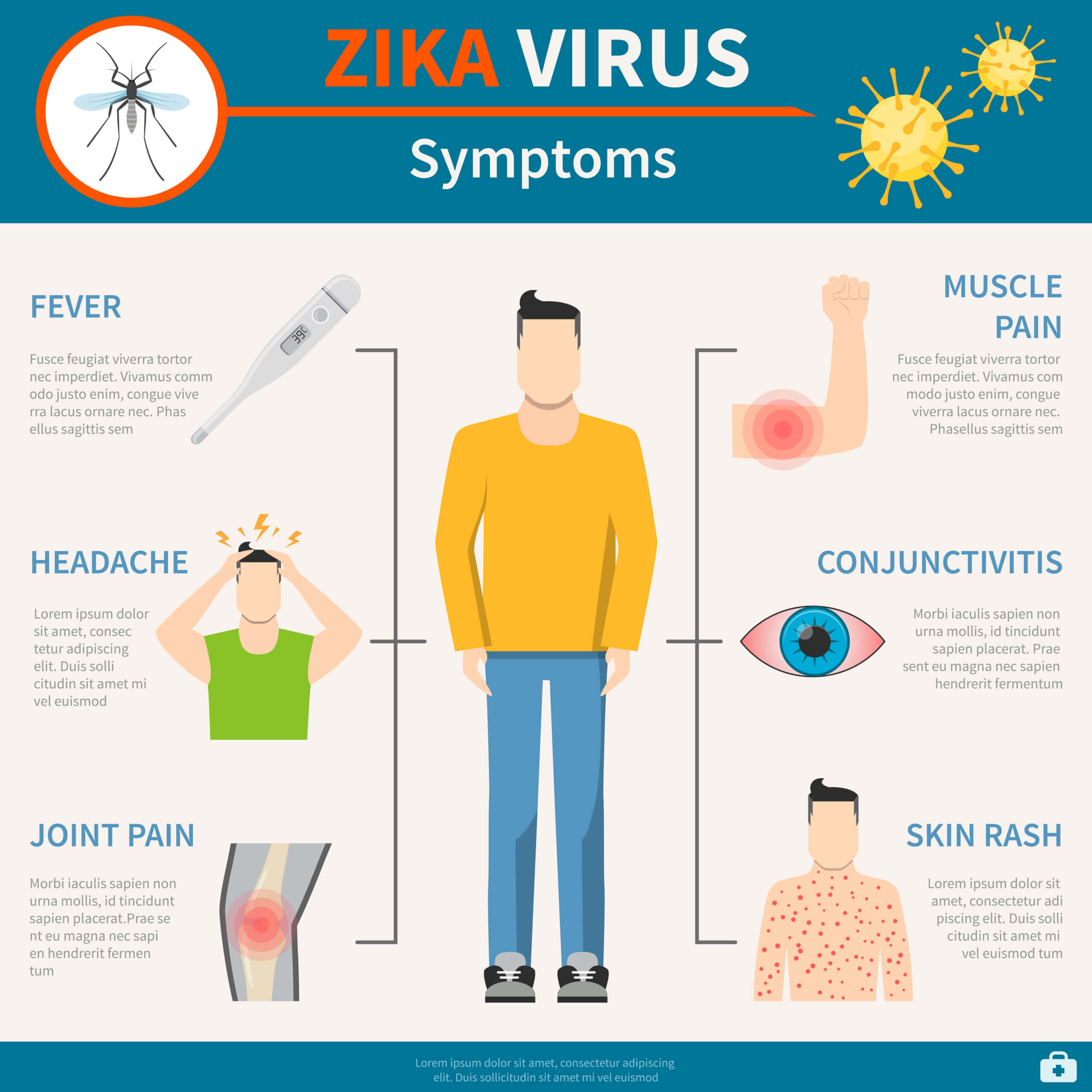An international group of scientists says it should
More than 150 experienced scientists have signed a letter to the World Health Organization begging it to intervene and move or delay the 2016 Rio Olympic Games. The reason? Zika.
The letter cites a concern for global health as its primary reason:
The Brazilian strain of Zika virus harms health in ways that science has not observed before. An unnecessary risk is posed when 500,000 foreign tourists from all countries attend the Games, potentially acquire that strain, and return home to places where it can become endemic. Should that happen to poor, as-yet unaffected places (e.g., most of South Asia and Africa) the suffering can be great. It is unethical to run the risk, just for Games that could proceed anyway, if postponed and/or moved.
It also attacks the secretive “Memorandum of Understanding” between the International Olympic Committee and the WHO:
We are concerned that WHO is rejecting these alternatives because of a conflict of interest. Specifically, WHO entered into an official partnership with the International Olympic Committee, in a Memorandum of Understanding that remains secret.18 There is no good reason for WHO not to disclose this Memorandum of Understanding, as is standard practice for conflicts of interest. Not doing so casts doubt on WHO’s neutrality, for reasons described further in the Appendix.
You can find the full version of the letter, which goes into great detail both about the concerns held and proposed solutions, here.
“Too big to fail” has been proven a falsity on more than one occasion. With concerns being raised from around the world it’s important for everyone involved with the Rio Games to take an honest look at the situation.
The WHO did respond to the issues raised in a conversation with the BBC:
Dr Aylward, who heads the WHO’s emergency programme, told the BBC that it was already carrying out a risk-assessment programme “about this disease and the risks it poses both to individuals who get and those who might be subsequently exposed”.
In addition, he said, independent experts had reported to the WHO on the implications of the outbreak for travel and trade.
“Those are two of the exact measures that that group has asked for and that is exactly what is being done, and clearly we need to have better communicated that.”
Critics are absolutely going to see the results of that WHO risk assessment. If it comes across as honest, thorough, and shows little risk then many will be quieted. But, if there is a perception of less-than-honest evaluation, or proof continuing as planned could very well be ushering in a damaging epidemic, you can expect this issue to grow exponentially in a very short period of time.
——————————-
For more resources, see the Free Management Library topic: Crisis Management
——————————-
[Jonathan Bernstein is president of Bernstein Crisis Management, Inc., an international crisis management consultancy, author of Manager’s Guide to Crisis Management and Keeping the Wolves at Bay – Media Training. Erik Bernstein is vice president for the firm, and also editor of its newsletter, Crisis Manager]
– See more at: https://management.org/blogs/crisis-management/2016/05/09/insurance-against-cyber-bullies/#sthash.K4dVuihy.dpuf
 Sections of this topic
Sections of this topic















